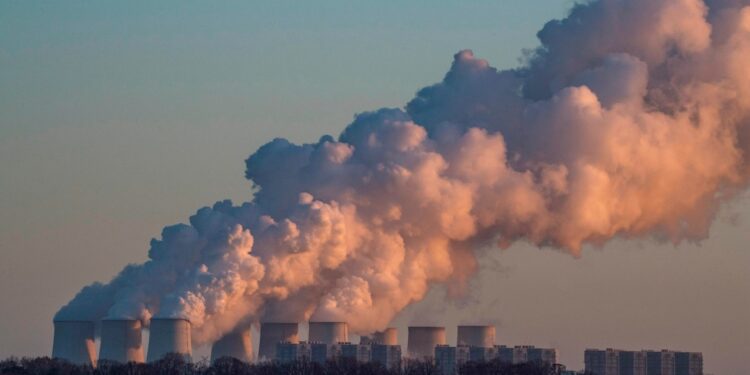Uganda is taking significant strides to address air pollution and climate change, with efforts aimed at reducing short-lived climate pollutants (SLCPs) like black carbon and methane. These actions are vital as the country battles poor air quality, which causes over 28,000 annual deaths.
Key Challenges in Air Quality
Uganda faces severe air pollution, with Kampala ranking among the most polluted cities globally. Major contributors include household biomass use and urban emissions, which exceed WHO guidelines. Addressing these challenges is critical to improving public health and combating climate change.
Legislative and Strategic Interventions
The government has implemented the 2024 National Environment (Air Quality Standards) Regulations, prohibiting harmful emissions. Uganda’s commitment to SLCP reduction includes developing a national SLCP plan and methane roadmap, aligning with global environmental protocols.
Capacity Building and Collaboration
In partnership with the Climate and Clean Air Coalition (CCAC) and SEI, Uganda has enhanced its capacity for SLCP mitigation. Workshops and tools like the Low Emissions Analysis Platform (LEAP) have enabled government agencies to assess emissions and create actionable strategies.
Vision for a Sustainable Future
Through strengthened policies and international collaboration, Uganda is paving the way for sustainable development. By integrating air quality measures with climate goals, the country is addressing pressing environmental challenges while advancing its Vision 2040 agenda.
Conclusion: Uganda Leading the Way
Uganda’s proactive approach to air pollution and climate change showcases its commitment to a healthier and more sustainable future. With continued dedication and support, the country serves as a model for tackling environmental challenges in Africa.




